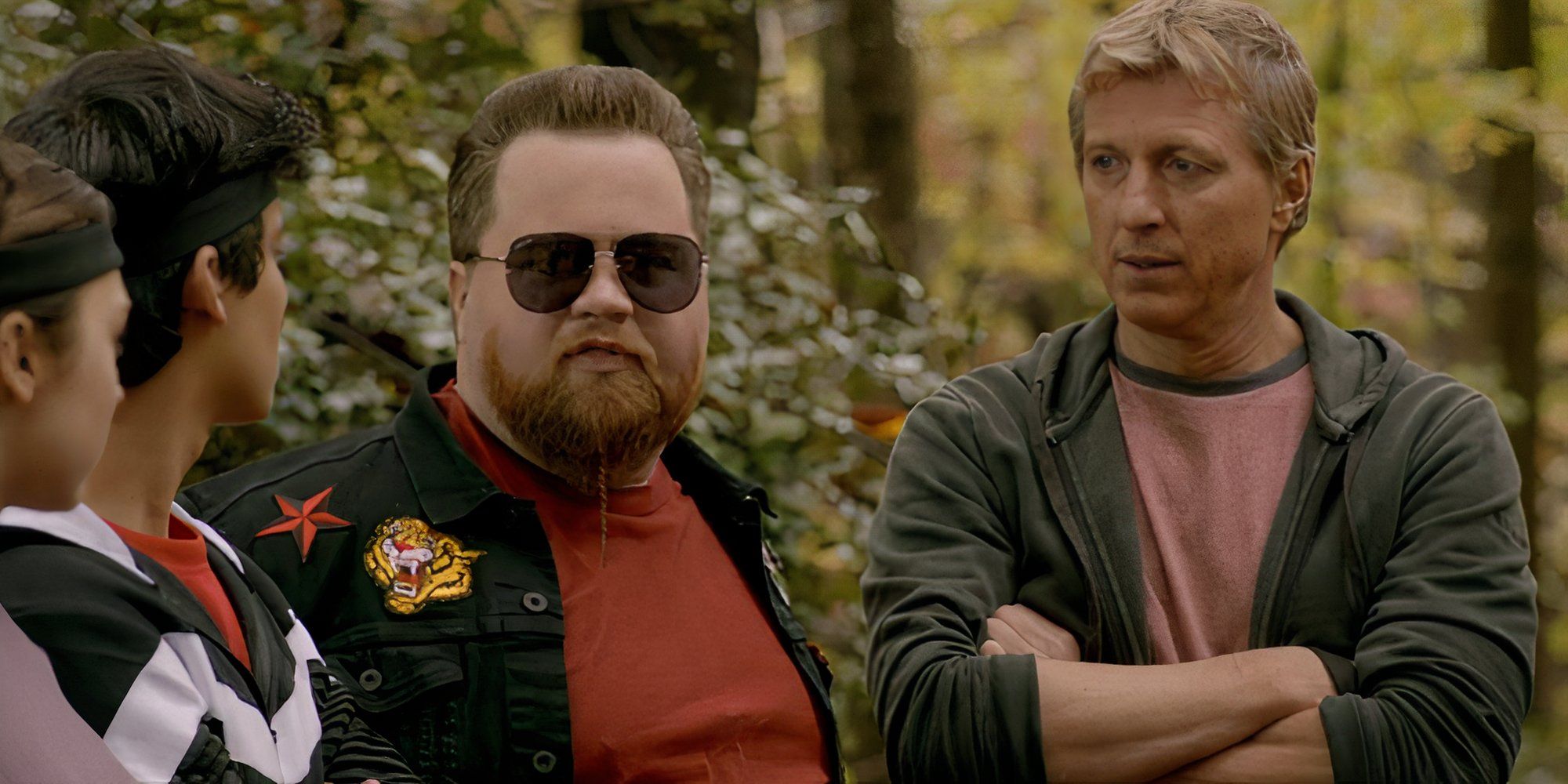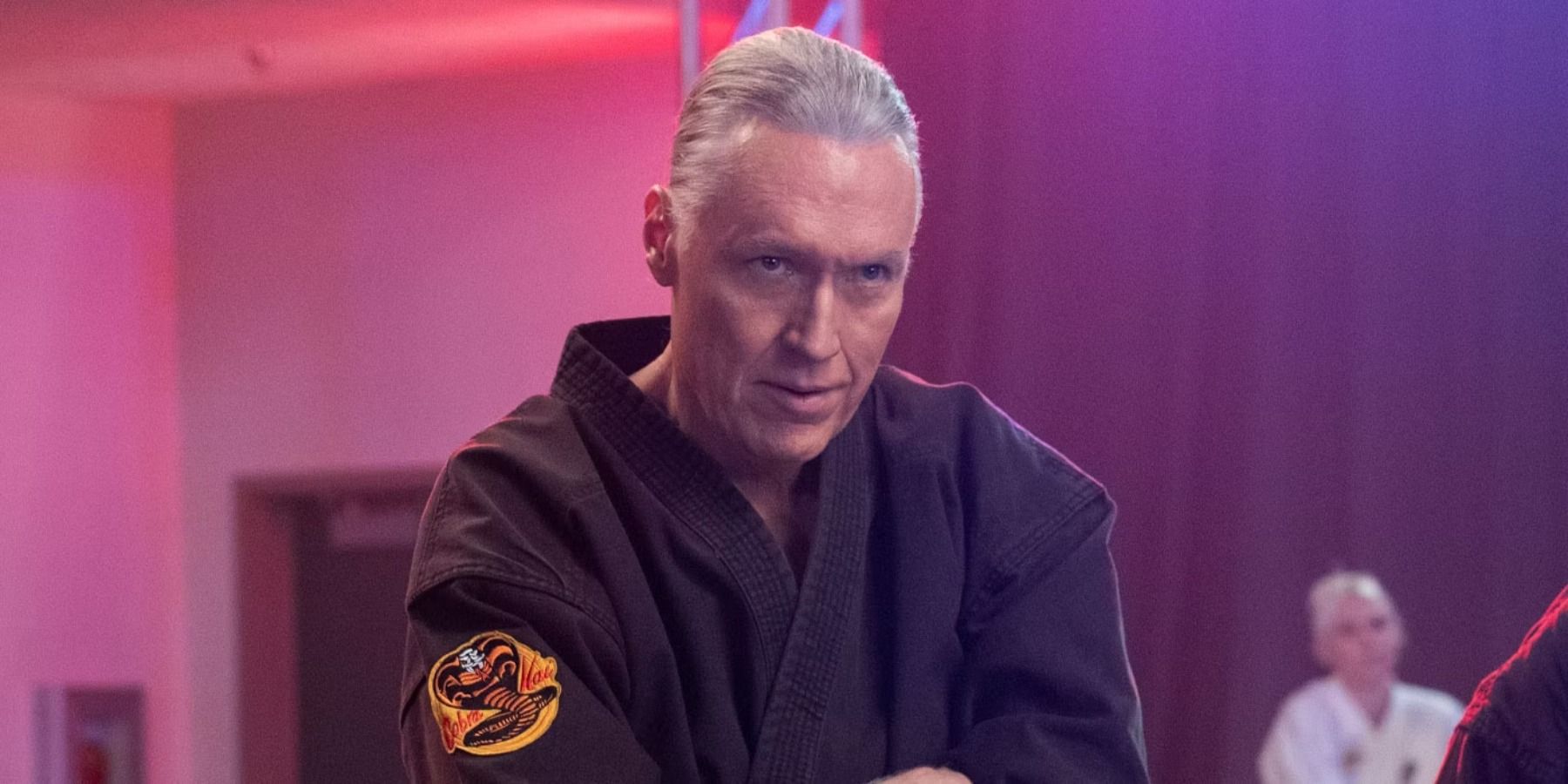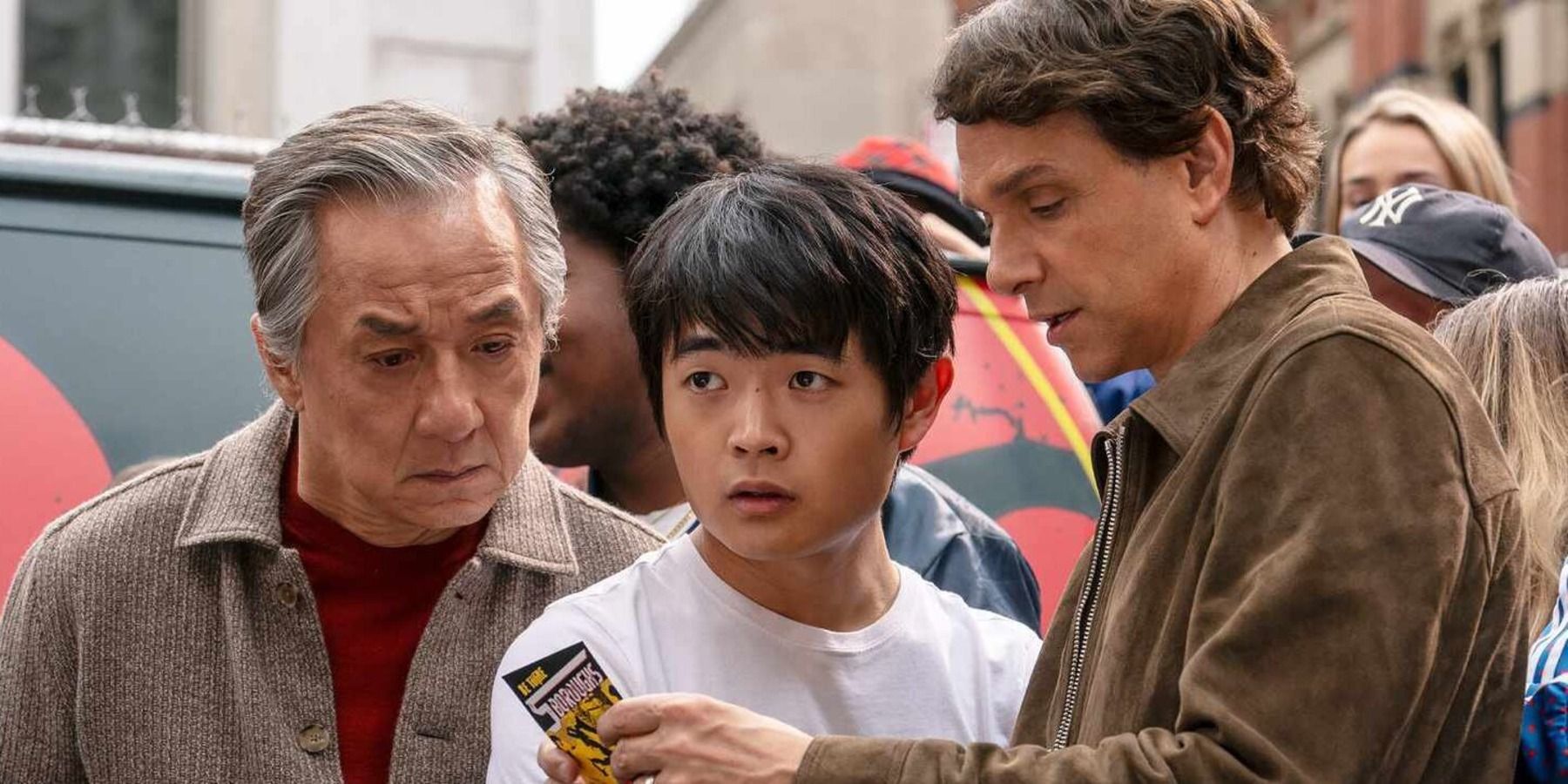Summary
- Cobra Kai started strong with well-written characters, drawing in both original fans and newcomers to the series.
- As the show progressed, it shifted towards melodrama, straying from its original drama roots, leading to laughable plotlines.
- Karate Kid: Legends should aim for a tone closer to the 2010 film, avoiding the over-the-top elements plaguing Cobra Kai’s later seasons.
Cobra Kai ran for six seasons but began to falter by the end, often feeling ridiculous, which is something the Karate Kid: Legends movie must avoid. The series started from an earnest place, seeing original stars William Zabka and Ralph Macchio return to their Karate Kid roles as Johnny Lawrence and Daniel LaRusso. Cobra Kai was also loved by critics, who praised its well-written characters and effective nostalgia, which helped the legacy sequel series appeal to fans of the original and those new to the franchise.
The show continued to revisit characters from the Karate Kid films, such as Martin Kove’s John Kreese and Thomas Ian Griffith’s Terry Silver, helping flesh out more than just Lawrence and LaRusso. However, the show also followed several new characters, many of whom were teenage students attending the Cobra Kai or Miyagi-Do classes. The series tackled numerous stories about adults feeling unfulfilled in life, and the younger leads coming to blows over misplaced loyalties and bullying. Still, by the time Cobra Kai reached its sixth season, many of the characters’ actions became laughable in the context of the series, which saw mixed results for many stories. With Karate Kid: Legends due to hit theaters soon, this causes some concern.
Related
Cobra Kai: Every Season, Ranked
Cobra Kai has finally ended, with Season Six closing on a huge high, but how does each season rank within the series?
Cobra Kai Forgot The Difference Between Drama and Melodrama
Throughout the first few seasons of Cobra Kai, it embraced well-told stories that thrived on character motivations. Seeing Johnny struggle with inadequacy, lashing out at his past, only to find a friend in LaRusso, works well for the show. While Johnny appeared to be an ineffective idiot at times, he was a complex character who sought connection and purpose in life. Still, Johnny lacked the emotional intelligence to communicate those needs effectively. When the show ended, he had a new wife and family, which helped him feel fulfilled and displayed his growth.
The younger stars even succeeded in plots that saw them struggling with often absentee parents, relationship drama, and devastating mistakes with real consequences, such as Robby causing Miguel’s coma and spinal injury at the end of season 2. Through their rivalries, the teens grew as people, and the adult characters reconciled their differences, with many unlikely friendships flourishing.
Cobra Kai was a mix of compelling drama and occasional laughs, which realistically explored complex emotions. The show always required a suspension of disbelief to a certain degree, as the focus was on teenagers doing karate in the San Fernando Valley of LA, which often felt to have bigger implications than it should, leaving viewers to frequently wonder where the police were. However, by the end of the series, what started as drama began to lean into the exaggerated emotions and sensationalized plotlines that felt more like melodrama.
By The Last Season Of Cobra Kai, Plotlines Became Utterly Laughable
As Cobra Kai progressed, some of the teen drama often felt misplaced, but aside from the number of karate bouts that broke out in public places, it still felt true to the confused nature of young adults trying to figure out who they are. When the show brought back Kreese, he carried an intensity that often felt out of place for teens doing karate, and with his Vietnam War story fleshed out, his character almost felt unnecessarily intense. Kreese’s story with the Kim Da-eun dojo also felt overly serious, placing life and death stakes on teen karate tournaments. What began as a show revisiting old characters became one that forgot what made it work, becoming too serious for its own good.
The introduction of Terry Silver pushed the show into unrealistic territory. He was a millionaire who was pulled into the drama of Cobra Kai, which would see him manipulating people, threatening people’s lives, and framing Kreese for attempted murder. He crossed every line to ensure he would come out on top and that the Sekai Taikai tournament would happen, but his motivations were always questionable. In the Cobra Kai finale, Kreese attacks Silver on his yacht, eventually blowing the two up in a massive explosion. The yacht explosion already felt out of place, but when it all stemmed from teens doing karate, no matter the backstory they attempted to weave in, it was a laughable moment meant to be intense.
Cobra Kai even attempted a plotline that framed Mr. Miyagi as a killer, which saw LaRusso wanting to clear his name, and the character reappeared with CGI. The use of Mr. Miyagi already felt questionable, but the killer storyline felt extraneous, really making LaRusso’s final season feel needlessly complicated. Now, with Karate Kid: Legends set after the events of Cobra Kai, there is a concern that the movie may play into melodrama.
Karate Kid: Legends Seems To Favor a Different Tone, But Still Needs To Tread Carefully
Karate Kid: Legends is combining the world of Cobra Kai with the 2010 Karate Kid reboot. While the two were initially thought to be separate, the new film will bring them together in a new story. Macchio returns as LaRusso, alongside Jackie Chan, who starred in the 2010 film. The movie sees Ben Wang’s Li Fong being trained by both, combining their styles of Kung Fu and karate into a unique style to help him win a tournament. Karate Kid: Legends is said to take place three years after the events of Cobra Kai, but it is not meant to be a direct continuation of the series, only picking up with LaRusso and referencing the show.
The trailer also presents audiences with a movie that looks to carry a tone close to the 2010 Karate Kid, differing from the show’s feel, which is the right move. Karate Kid: Legends would benefit from sticking to what works best for the franchise, with well-built characters, effective emotional stakes, and sports drama. Pat Morita was nominated for an Oscar for his portrayal of Mr. Miyagi, as drama is inherent in the story. Still, Cobra Kai got lost in subpar plotting and outlandish characters, making it often feel cartoonish. Karate Kid: Legends is due to hit theaters on May 30, and it looks to avoid the more ridiculous elements that affected the final seasons of Cobra Kai, which could make for an exciting continuation of the franchise.
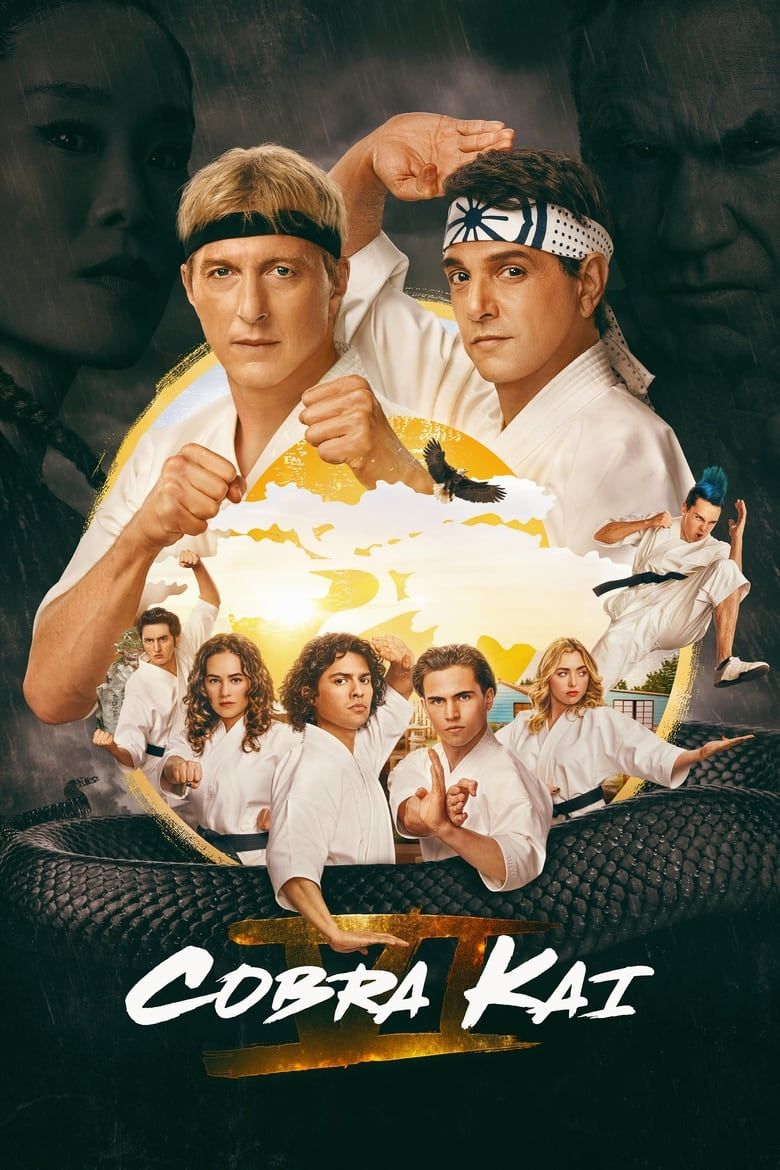
Cobra Kai
- Release Date
-
2018 – 2025-00-00
- Network
-
Netflix, YouTube Premium
-
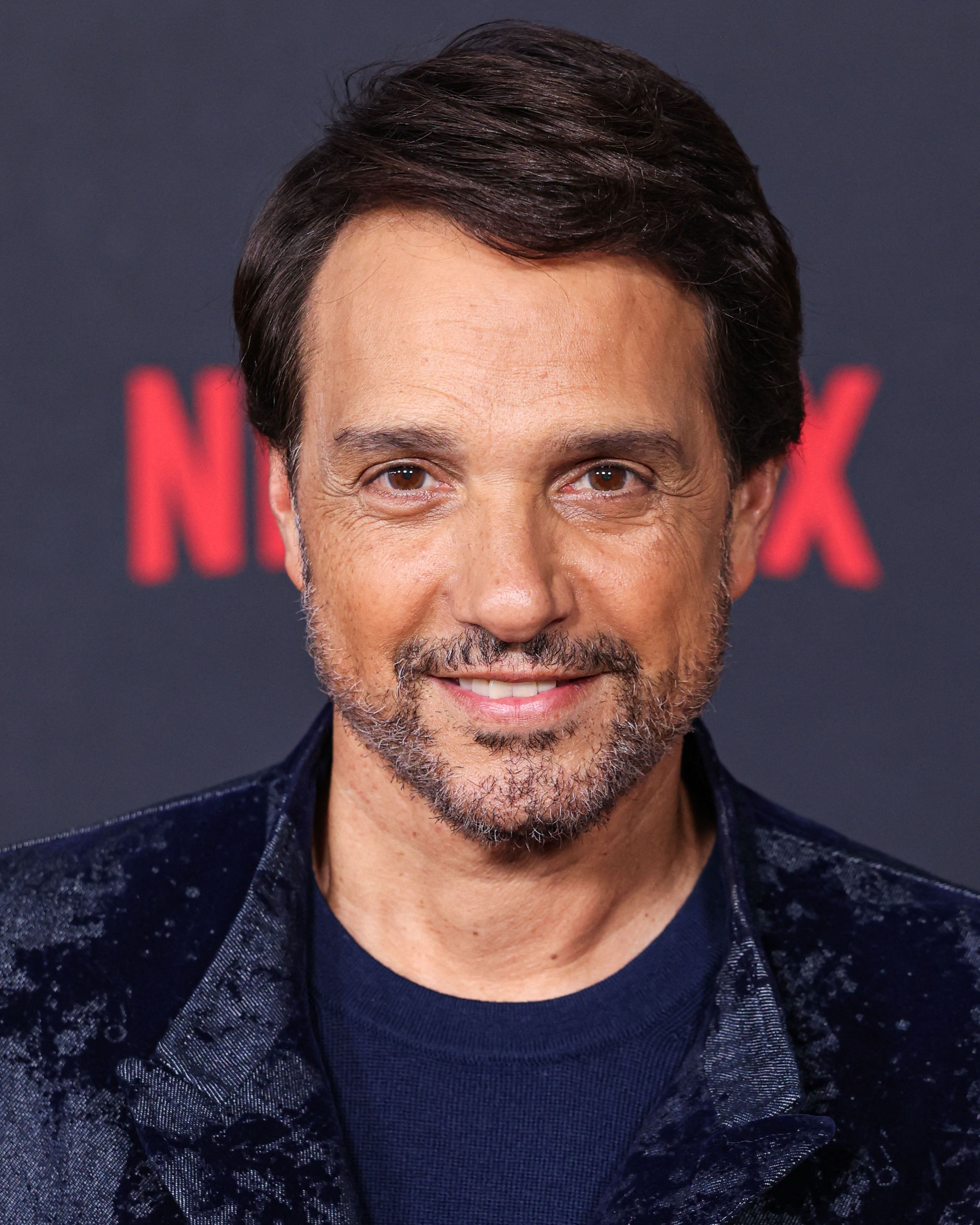
Ralph Macchio
Daniel LaRusso
-

William Zabka
Johnny Lawrence
-
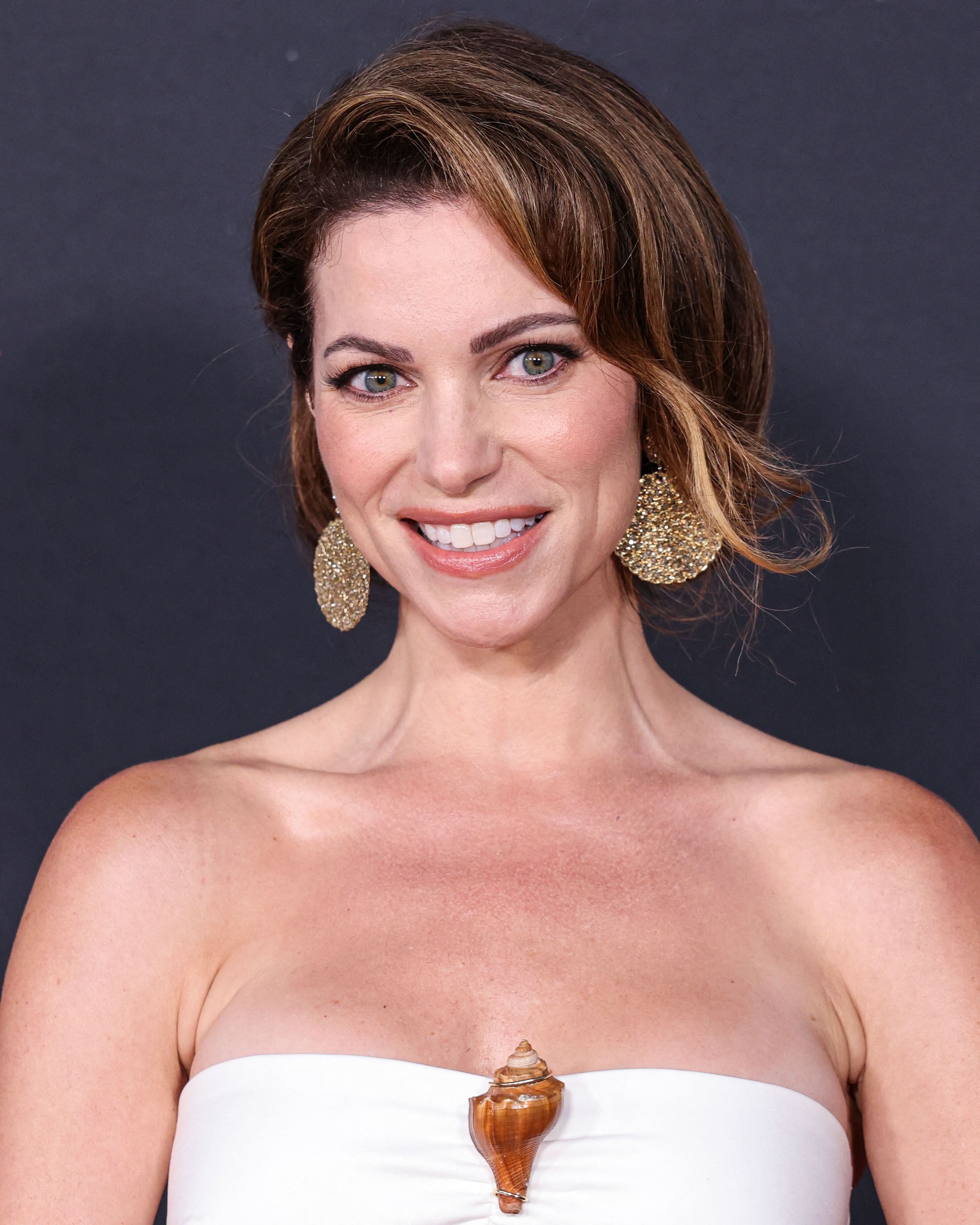
Courtney Henggeler
Amanda LaRusso
-
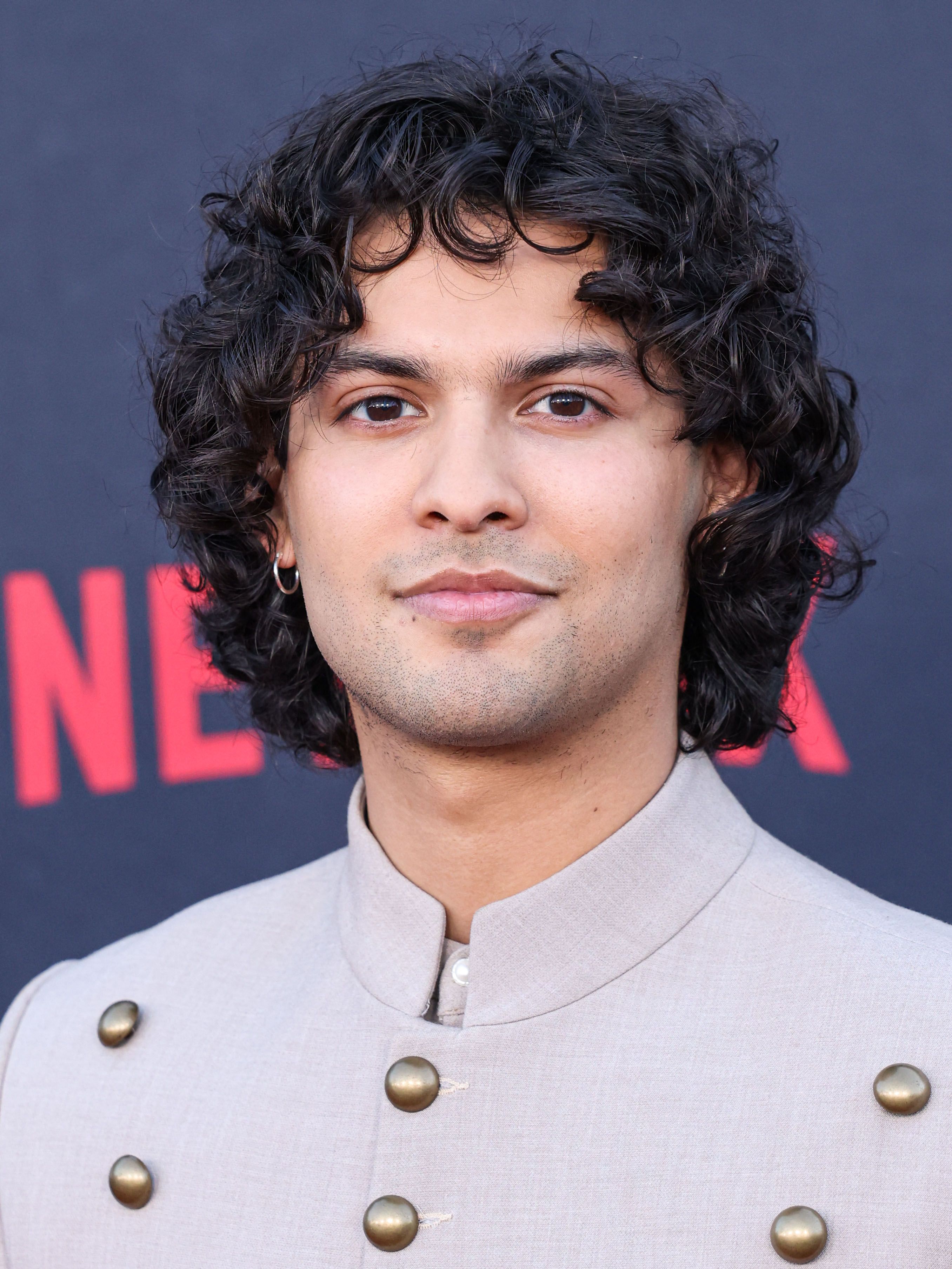
Xolo Mariduena
Miguel Diaz

